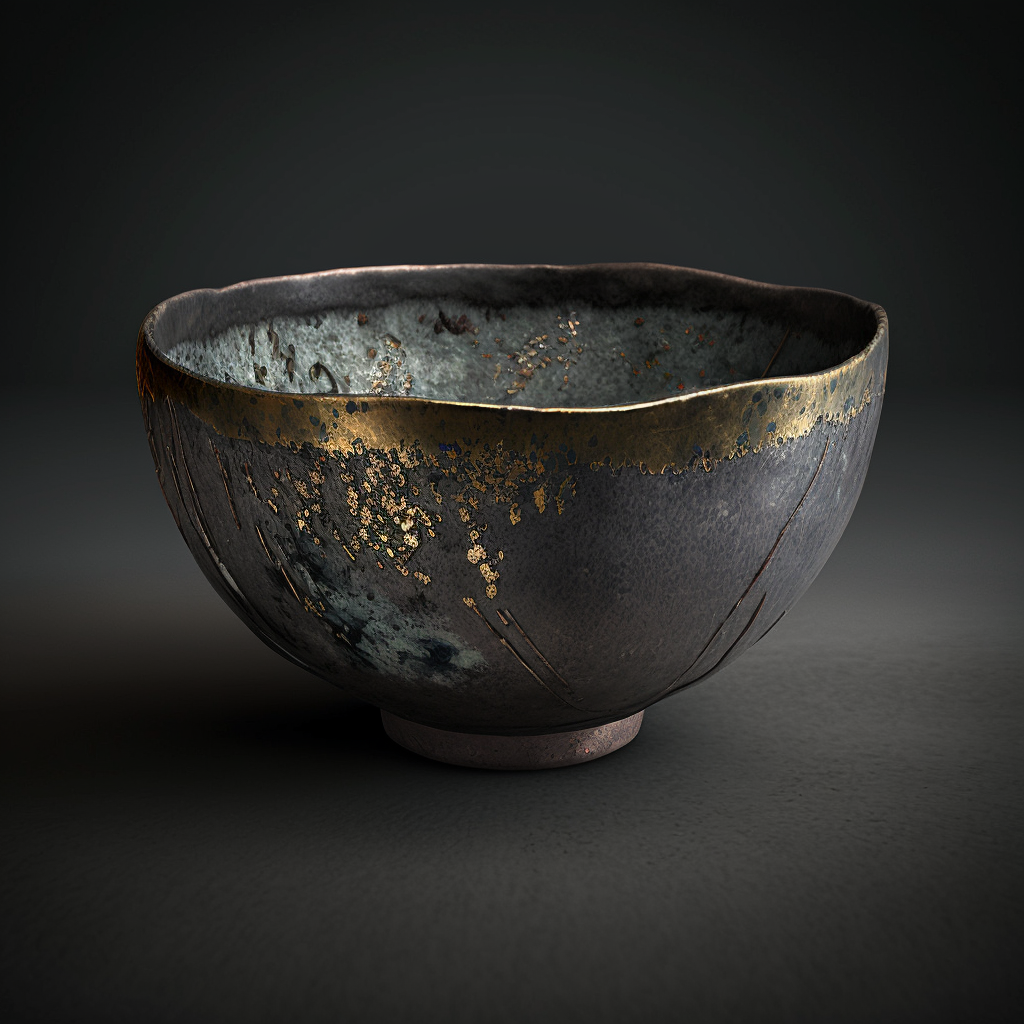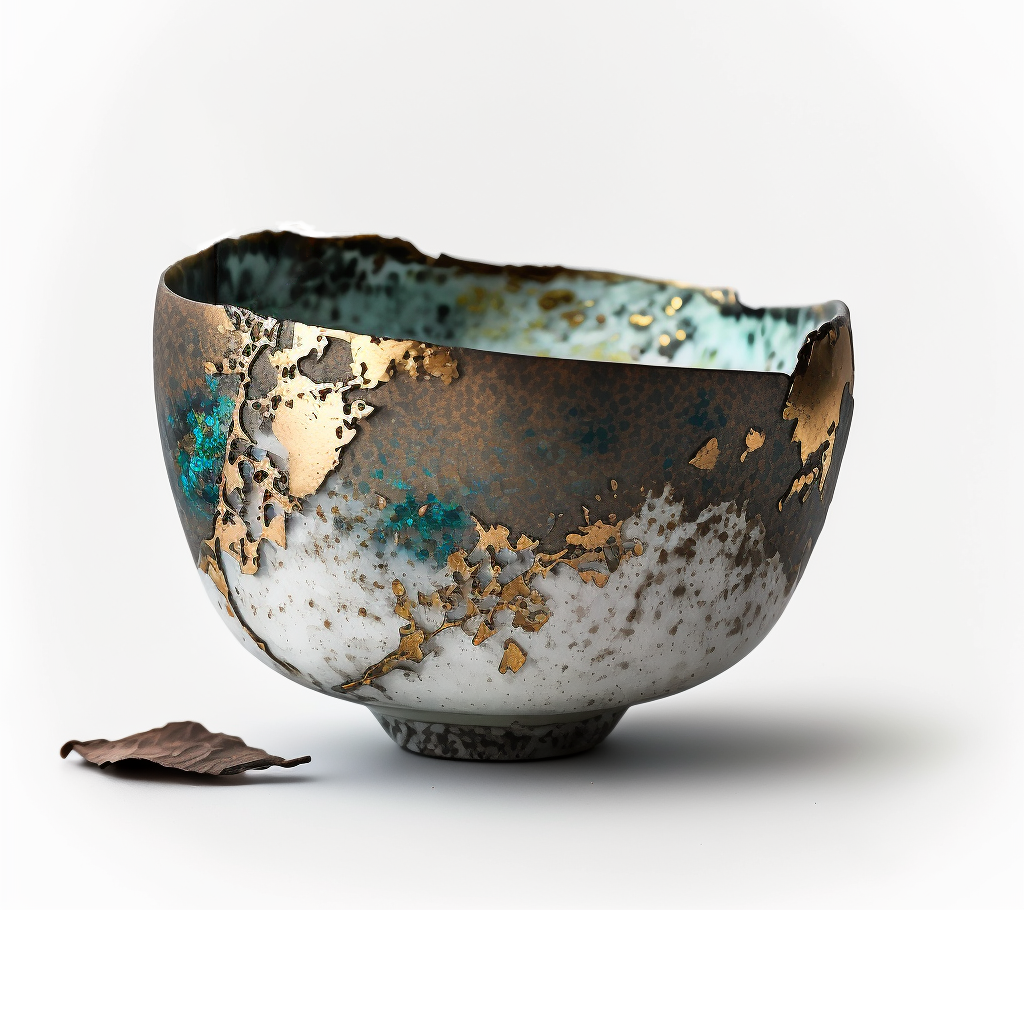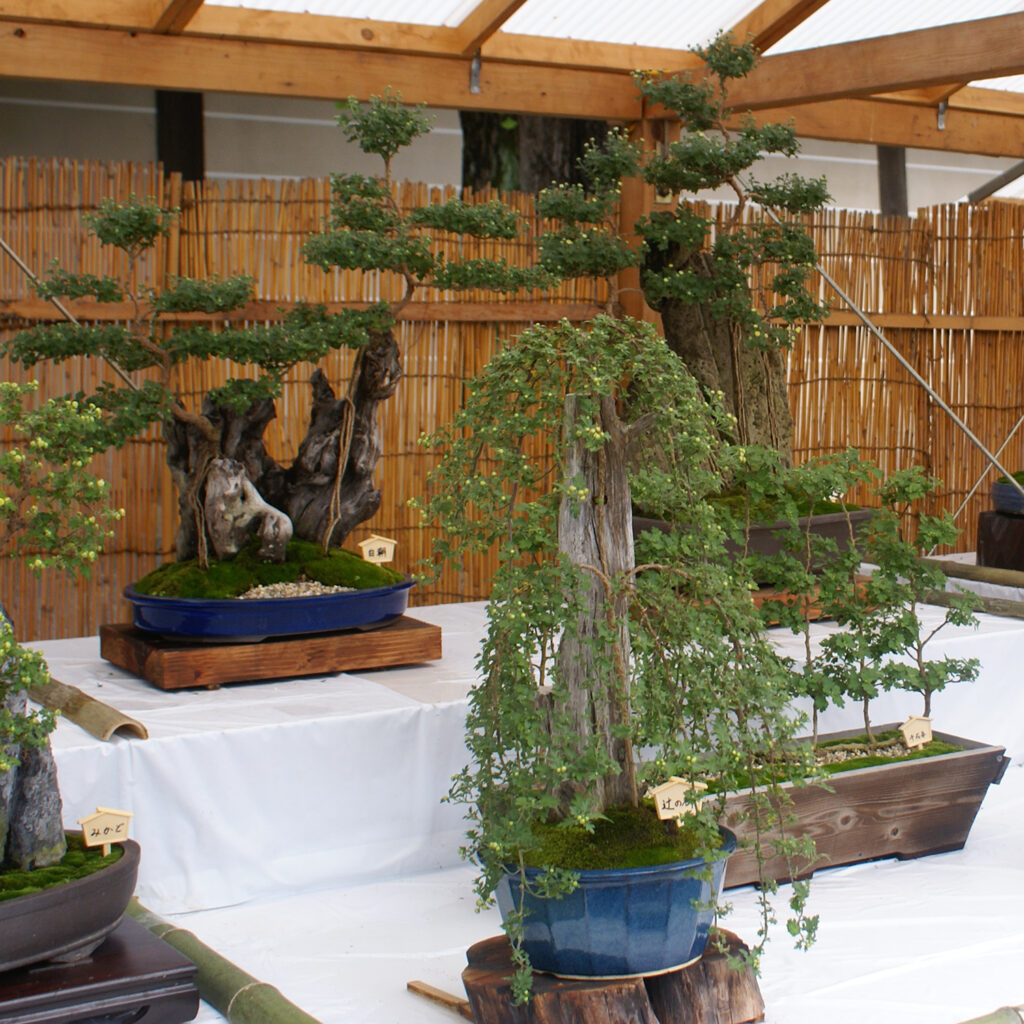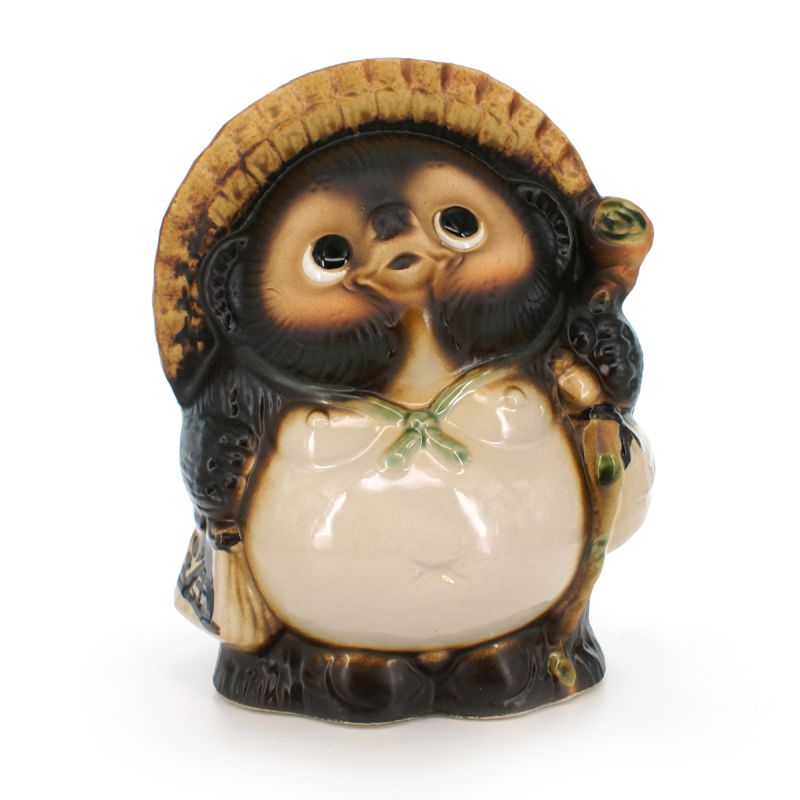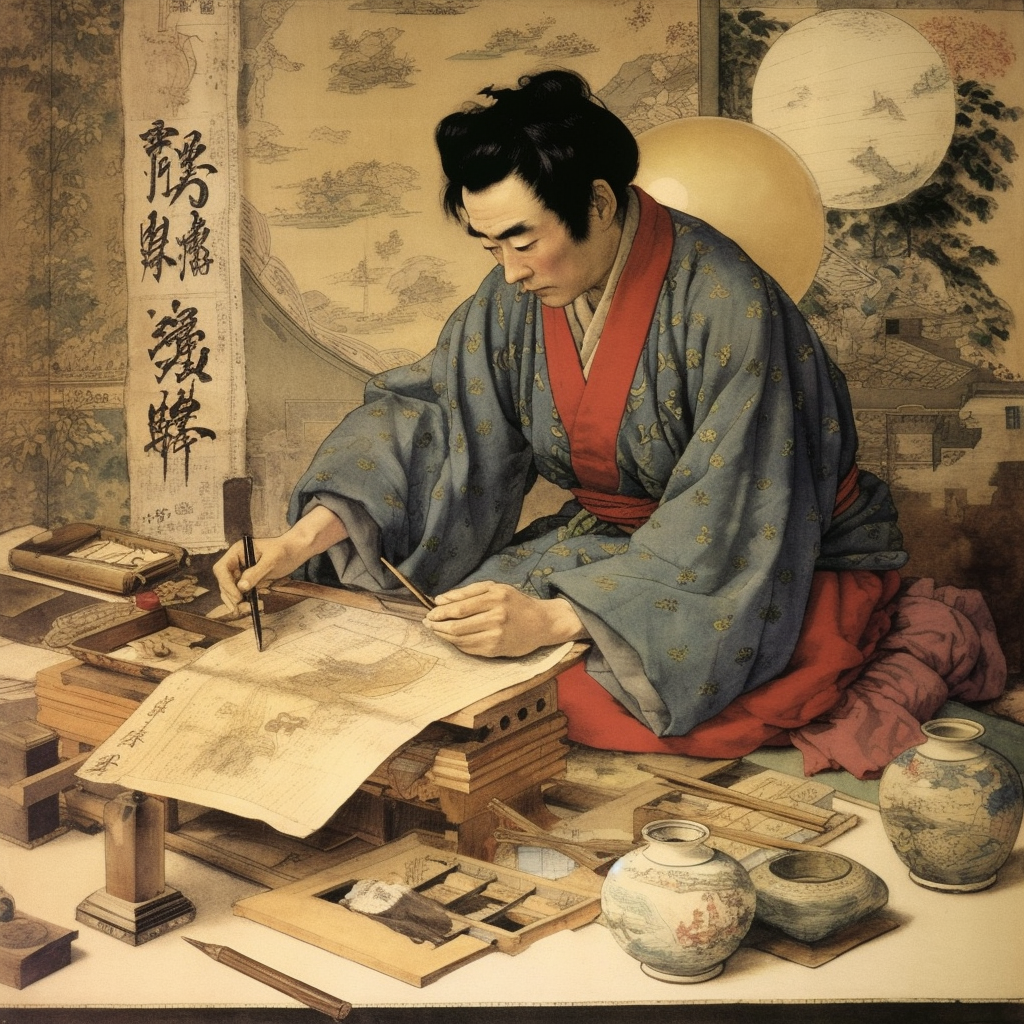WABI SABI is a concept inspired by Japanese aesthetics, which has spread throughout the world. It is an art of living that consists of finding beauty in imperfection, the old and the unfinished. Asymmetry, asperity and simplicity are fundamental characteristics of this style.
The aesthetics of WABI SABI
WABI SABI is an aesthetic principle originating in Japan that aims to find beauty in imperfection, the old and the unfinished. It is inspired by the principles of Buddhist and Zen philosophies, and seeks to find beauty in nature and renewal. In the eyes of Wabi Sabi followers, the age and fragility of objects become valued attributes.
The Wabi Sabi aesthetic is found in many aspects of everyday life, and can be defined by three principles: asymmetry, asperity and simplicity. Designs created according to these principles are designed to enhance the imperfection and authenticity of objects.
This concept has been adopted by many contemporary designers, who have created modern designs that are still inspired by its principles. These designs are characterized by their simple and natural aesthetics and are intended to encourage an attitude of respect and tolerance towards the unfinished.
Discover the charm of the unfinished
The WABI SABI style invites us to move away from the Western notion of perfection and welcome imperfection and the authenticity of objects. It also allows us to reconnect with nature and develop a sense of respect and admiration for the unfinished.
By embracing the WABI SABI style, you can find beauty in objects and designs that are authentic, impermanent and imperfect. These works are designed to emphasize their imperfect nature, and can be worn objects, asymmetrical shapes or rustic textures.
Finally, the WABI SABI style can be applied to your daily life to create peaceful and meditative moments. The emphasis on simplicity, imperfection and naturalness can help you achieve some inner balance and feel more connected to nature.
Wabi Sabi is an aesthetic that has become very popular around the world and can help one find beauty in the imperfect, the old and the unfinished. It is a way of life that offers a naturalness and authenticity that is essential for finding calm and serenity.

